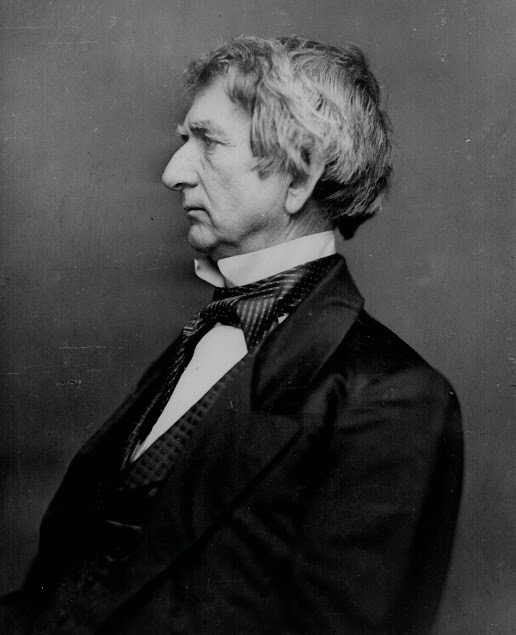So now a mobilization in BNA and reinforcements being despatched from the UK, and, presumably, moving the British garrison in the Maritimes into LC and UC in October, 1861 (rather than December/January, 1862) is "two weeks"? Historically, of course, no BNAers were called up in 1861 and no "new" battalions were organized as such in the PoC before January.
Yeah, okay.
I'm not sure you actually read what I wrote. The militia (as it was historically in response to the St. Albans raid, and organized into 'administrative battalions' to boot) was called out at the end of October. The decision to reinforce British North America then comes in mid November, irrespective of the news of the Trent (which hasn't arrived yet) then arrives the news of the Trent and the British simply do what they did historically, there's just another brigade in play earlier.
No idea where the moving of the Maritime garrison comes from in your reading.
The four months from Sinope to the declaration of war is, you know, historical as opposed to the typical "imaginary best case, Maxim guns not included" which although convenient for Johnny Canuck et al, hardly reflects the realities of a set of poor, divided, mostly ignored, and often fractious colonies on the other side of the Atlantic from Blighty that were, at best, second prize in the previous contests, beginning in the 1750s and continuing into the Nineteenth Century.
So it's historical for the Crimean War yes. Your point? The timeline for any hypothetical Trent War is vastly different, but that seems self evident.
I mean where's the Ottoman Empire counterpart here? Where are the French?
curious - why is it you are unwilling to actually stick to the "actual" timeframe of the winter of 1861-62? Be rather more of an "honest" test for your thesis, would it not?
What "actual" timeframe would that be? Going by the British reaction time historically, if they got news of the St. Albans raid early November, demurred for a few days and Palmerston raps his colleagues knuckles, he gets his way and a brigade is sent.

